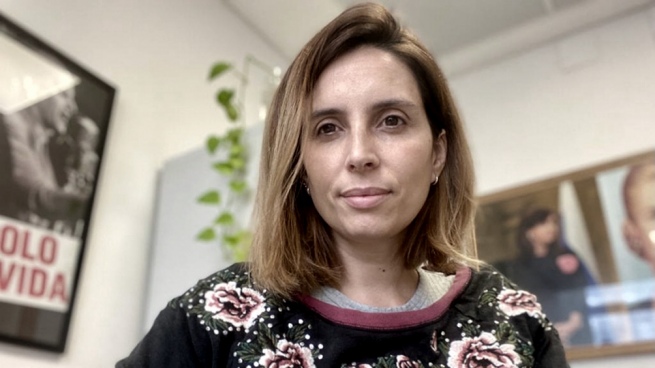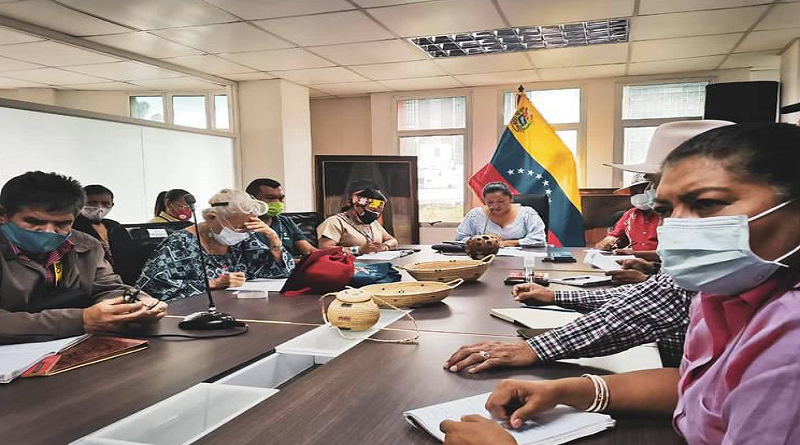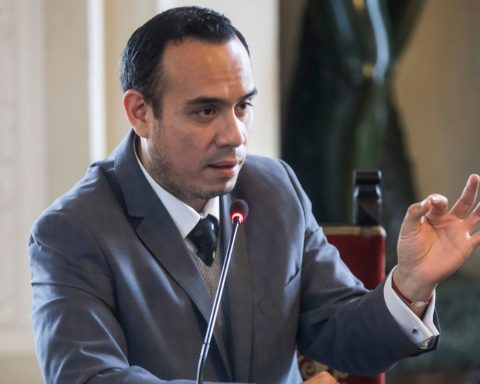National deputy Florencia Lampreabe, from the Frente de Todos, questioned a bill sent to the lower house by her peers Sabrina Ajmechet and Hernán Lombardi, from Together for Change, both from PRO, with which they propose to close the Ombudsman’s Office of Audiovisual Communication Services.
“How is an organization that defends the right to communication not going to bother them if they are enemies of the truth?” Charged Lampreabe, 2nd vice president of the commission of Communications and Informatics Commission, from your Twitter account.
The FdT legislator also referred to the rRecent approval in Deputies of the project that extends for 50 years specific allocations to activities and organizations related to the dissemination of reading, cinema, music and theater, and alluded to the fact that the activity of the Public Defender’s Office is financed with these funds in accordance with article 19 of Law 26522 ( Media law).
Regarding the objective of the two JxC legislators to close the Ombudsman, Lambreabe stated that Ajmechet’s own statements reflect that the resistance of JxC sectors to the renewal of the specific allocations was not due to the 50-year term but because “they want to eliminate organizations that finance these allocations”, as warned.
“Did you see that the term was a lie? They want to eliminate organizations that finance those Specific Assignments,” he insisted on that point.
Did you see that the deadline was a lie? They want to eliminate organizations that finance these #SpecificAssignments
They say that due to the overlapping of structures, Lombardi promoted the parallel drafting of TELAM; that the Ombudsman pursues but has no punitive capacity. All like this. https://t.co/nWFUIOzpiR— Florence Lampreabe (@FlorLampreabe) June 17, 2022
In another section of the tweet, the deputy of the ruling party pointed out: “They say that (they would close the body) due to overlapping structures, but Lombardi promoted the parallel drafting of Télam; that the Ombudsman pursues but has no punitive capacity. All like that.”
Later, in statements to this agency, Lambreabe assured that the authors of the project and those who support them “are bothered that the way in which it is communicated in the big media is made visible, otherwise it is not understood”, when referring to the action of the Public Defender.
“They file legal cases, they persecute with the media cannons, and they have fired people at close range, many accused of being ‘militants,'” added the legislator of the ruling party when questioning the initiative of her peers from the PRO.
Ahmechet, Earlier, he had reported on Twitter his intention to close the Ombudsman’s Office, promoting a project to that end in Congress.
“We want to put an end to an organization destined to exercise censorship and persecute those who think differently. That is why, with Hernán Lombardi and other deputies from JxC, we presented a project to close the Public Defender’s Office for Audiovisual Communication Services,” he posted.
To substantiate his project, Ajmechet stated that “the Ombudsman was created with the Media Law. Its main function is to receive complaints but it has no punitive capacity: it only makes recommendations. For that, the Enacom (National Communications Entity) already exists, which, in addition, does have the power to punish.”

And he added that the body “It also has overlapping functions with the Ombudsman’s Office and with the Inadi (National Institute against Discrimination, Xenophobia and Racism). For that it has a budget of 600 million pesos. It has more than 100 employees, its handpicked researchers earn more than career researchers from Conicet (National Council for Scientific and Technical Research).”
According to Ajmechet, “since its creation, the only thing it has done is point out those who have an opinion different from theirs and issue recommendations on how the media should deal with certain issues: this goes against freedom.”
“This is not an expense in culture, it is an expense in censorship. That is why we propose to close the Audiovisual Public Defender’s Office and use the 600 million it has in its budget to buy up-to-date books for the public libraries that exist throughout Argentina,” said the PRO legislator.
The Public Defender of Audiovisual Communication Services is a public body created by Law 26522 and its authorities are appointed by the Bicameral Commission for Audiovisual Promotion and Follow-up, Telecommunications Technologies and Digitization.
Its function is to receive, channel and follow up on queries, claims and complaints from radio and television audiences regarding content and programming, and the same with respect to other media regulated by the Audiovisual Communication Services Law.
In May 2020, the Bicameral appointed the journalist Miriam Lewin as president of the organization.
The activities of the Ombudsman are financed with specific allocations that are provided for in article 19 of the same law 26522.


















